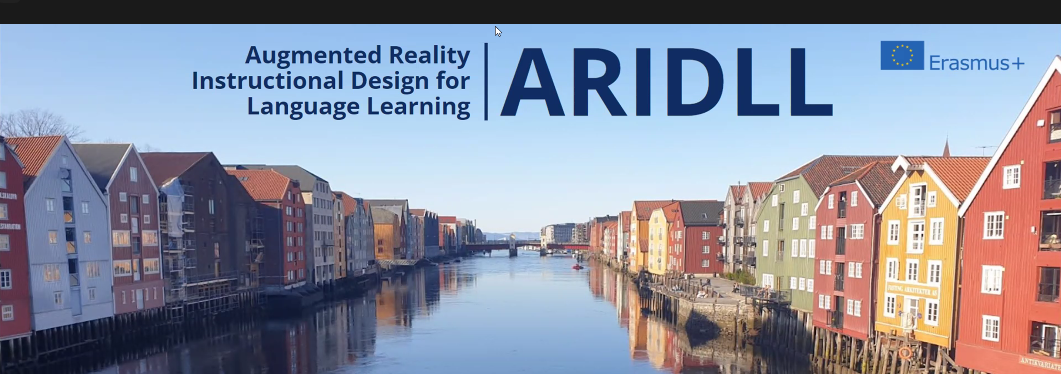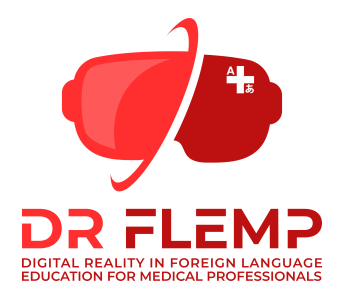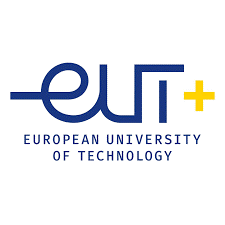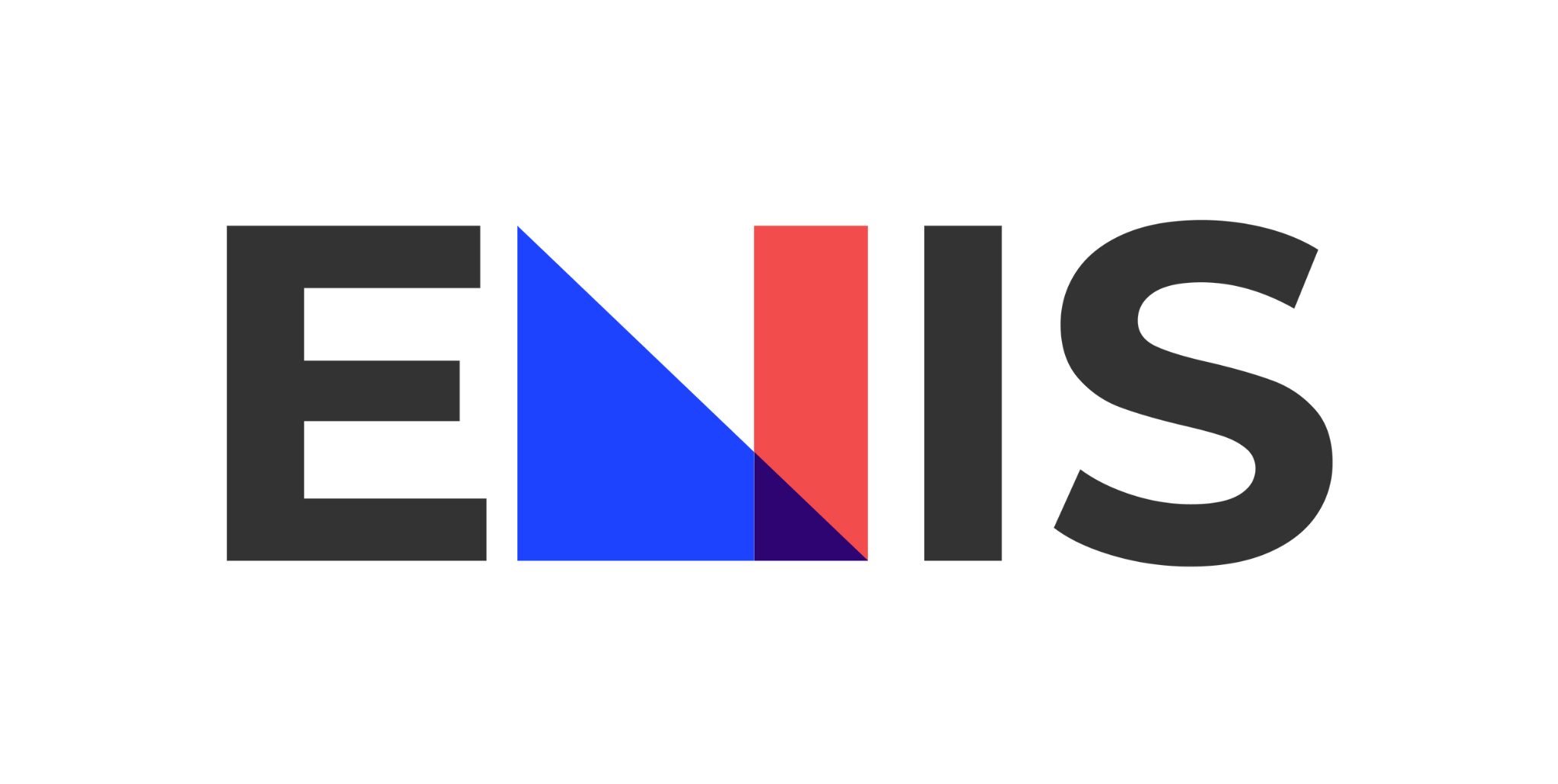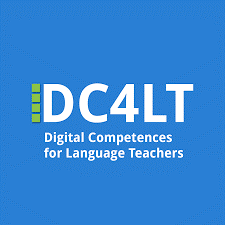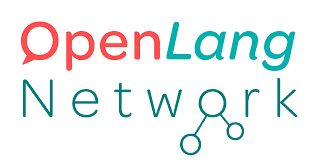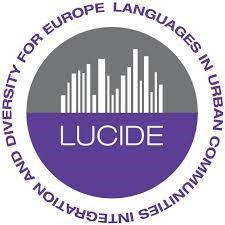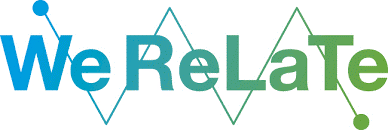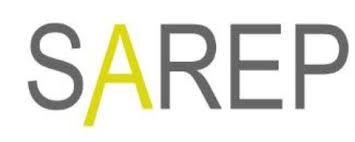Active
|
VALIANT - Virtual Innovation and Support Networks for Teachers [2021-2024]
|
VALIANT is an Erasmus+ KA3 project. VALIANT’s first objective is to test the efficiency of Virtual Innovation and Support Networks as an approach which will contribute to overcoming teachers’ sense of isolation and low motivation in rural areas and isolated contexts and also to developing teachers’ ability to operate effectively in online international networks of professional collaboration. The second objective of the experimentation is to test the efficiency of this form of Virtual Exchange for providing students of Initial Teacher Education with access to the realities of the teaching profession through regular interaction with in-service teachers integrated into their study programme. |
|
ARIDLL - Augmented Reality Instructional Design for Language Learning [2022-2025]
|
ARIDLL is an Erasmus+ KA2 project. It aims to develop a cooperation partnership and a professional community in Augmented Reality (AR) instructional design for language learning. The project is motivated by the need for digital innovation in language teaching. Although AR has become a popular technology, there are numerous challenges regarding the use of AR in educational settings in general and in foreign language (FL) teaching in particular. The technology is still new, and few best practices examples exist in the teaching community. ARIDLL aspires to fill the identified gaps by providing pre-service and in-service language teachers with support and materials to facilitate the use of AR in their practice. The project will develop these materials and evaluate them in different contexts, from schools to universities, focusing on different languages. |
|
TDP4HE - Transformative Digital Pedagogies for Higher Education [2022-2025]
|
TDP4HE is an Erasmus+ KA2 KA220-HED project that proposes a transformative pedagogical model for the development of pedagogical competences of academic staff, that makes integral use of digital technologies. The digitalization of teaching and learning processes is not simply the application of digital technologies to enhance traditional teaching methods. Digitalization in classrooms is revolutionary in that it makes it easier to adopt radically different and innovative student-centred approaches. By adopting transformative pedagogical approaches, this project aims to develop a model that links transformative pedagogies (learner-centred, opposed to transmissive, teacher-centred, approaches) to the use of digital technologies and to develop a transdisciplinary training programme to foster innovative ways of teaching and learning for academic teaching staff from different disciplines. For more information please visit the website of the programme here: https://transformative-pedagogies.univ-tech.eu/ |
|
DR FLEMP - Digital Reality in Foreign Language Education for Medical Professionals [2022-2024]
|
DR FLEMP is an Erasmus+ KA2 project that aims to support digital transformation in foreign language education in the EU, whilst focusing on filling the existing gaps and raising efficacy of foreign language education by nursing and caretaking students, as well as already qualified professionals, through immersive learning environments that can address the challenges of digitization in educational systems. |
|
DE-TEL - Doctoral Education for Technology-Enhanced Learning [2019-2022]
|
DE-TEL is an Erasmus+ KA2 project that will establish and deepen a strategic partnership for doctoral education in Technology-Enhanced Learning (TEL). DE-TEL brings together 9 internationally renowned universities and the European Association of TechnologyEnhanced Learning to reflect their expertise in doctoral education into a new internationally validated program in TEL, extended with rich and professionally produced Open Educational Resources. The project grounds the design of the new program in the best practices in TEL doctoral education across Europe as well as institutional and national requirements. |
|
HERO - Training program in elderly care and infectious disease prevention for the integration of refugees from the Middle Eastern and African countries in western society [2020-2023]
|
HERO is an Erasmus+ KA2 project. The aim of the project is to integrate refugees and migrants into the labor market of both the country of residence and the European market. Through this project a Trainee/Intern opportunity will be given to the participants -such as a Training certificate (to all participants)-, through a training program in English as an international language of communication and the language of the country of residence and training. The main training will be in the profession of caregiver, specialized in elderly care, and will take place in the form of "on the job training". |
|
EUt+ - European University of Technology [2020-2023]
|
The European University of Technology, EUt+ is the result of the alliance of eight European partners who share in common: the “Think Human First” vision towards a human-centred approach to technology; the ambition to establish a new type of institution on a confederal basis. |
|
LITHME - Language In The Human-Machine Era [2020-2023]
|
LITHME is a COST Action that has two aims: to prepare linguistics and its sub-disciplines for what is coming; and to facilitate longer term dialogue between linguists and technology developers. |
|
ENIS - European Network on International Student Mobility: Connecting Research and Practice [2020-2023
|
ENIS is a COST Action that responds to the pressing need for systematic interdisciplinary and international exchange of knowledge on theoretical frameworks, research methodologies, findings, and best practice examples, and for translating scientific findings into recommendations for ISM practice. |
Completed
|
DC4LT - Digital Competences for Language Teachers [2018-2021]
|
The DC4LT is an Erasmus+ KA2 project that aims at empowering EU Language Teachers with Digital Competences in order to strengthen them with open and innovative tools and methodologies, and be able to teach online and mobile to a worldwide audience. The project will also target organisations that deliver language training, providing them with clear guidance on deploying and using ICT and changing their practices to be more sustainable. |
|
Openlang - The OPENLang Network [2019-2021]
|
This Erasmus+ KA2 project aims specifically at developing ‘The OPENLang Network’, which envisages to connect all the Erasmus+ KA1 Mobility Participants (HE students and staff, VET (at least 1 month mobility), Adult and School education staff, Youth learners, Youth Workers, Youth Entrepreneurs) in an OPEN informal and highly interactive online environment which could support more efficiently their effort to develop their language skills of the target mobility EU languages. In parallel, it will support their cultural understanding and integration in the host EU country as well their success in their specific subject field of study and/or work. |
|
LUCIDE - Languages in Urban Communities: Integration and Diversity for Europe [2011-2014]
|
This project was funded with support from the European Commission. The LUCIDE network was set up to develop ideas about managing multilingual citizen communities. It aimed to build up a picture of how communication occurs in multilingual/multicultural settings across the EU and beyond and so to support institutions (councils, schools, hospitals) and national economies to make better productive use of diversity as an economic resource and to shore up social cohesion by fostering better communication and mutual understanding. |
|
We ReLaTe - Advancing effective institutional models towards cohesive teaching, learning, research and writing development [2016-2020]
|
The ReLaTe COST Action is exploring the centralised support that higher education institutions provide for staff under the topics of teaching, learning, research and writing. We are interested in how this happens in institutions at present and the effectiveness of current models. We also want to suggest alternative models which might be more effective and might lead to greater success for staff and consequently for their institutions. |
|
SAREP - Study Abroad Research in European Perspective [2016-2020]
|
This COST Action explored the nature, experiences, benefits and limitations of study and residence abroad in the case of second language learners who participate in international exchange programmes. The research carried out under SAREP is related to the learner’s linguistic, intercultural, social, personal, academic and professional development. The project offers different insights into the complexity of study abroad as a context of second language learning through both quantitative and qualitative analysis, drawing on wide-ranging methodological approaches and tools of investigation. |
|
TextLink - Structuring Discourse in Multilingual Europe [2014-2018]
|
The TextLink Action aimed at facilitating European multilingualism by (1) identifying and creating a portal into such resources within Europe “including annotation tools, search tools, and discourse-annotated corpora; (2) delineating the dimensions and properties of discourse annotation across corpora; (3) organising these properties into a shareable taxonomy; (4) encouraging the use of this taxonomy in subsequent discourse annotation and in cross-lingual search and studies of devices that relate and structure discourse; and (5) promoting use of the portal, its resources and shareable taxonomy. |
Past Projects
SPALL Strategies for promoting adult immigrant participation to the LifeLong Learning
European Socrates Programme, Grundtvig: Strategies for promoting adult immigrant participation to the LifeLong Learning (SPALL). Θεοδοσίου, Α. & Παρασκευά, Α. (2006) Απλά Ελληνικά για ξενόγλωσσους (Simple Greek for Foreigners) Intercollege Education and Training Unit: Παπαδήμα-Σοφοκλέους, Σ. Scientific Consultant. Επιστημονικός σύμβουλος
Pedagogy for Autonomy in Language Education
European Socrates Programme: A European Pedagogy for Autonomous Learning: Educating Modern Language Teachers through ICT: EUROPAL. My work as teacher educator (including reflection and student and teacher autonomy) was presented in section 3 as a Case Study.
Comenius European Socrates Programme
Action: Training of School Education Staff: European Curricula in New Technologies and Language Teaching (ECNTLT): Papadima-Sophocleous, S. teaching / research professional: teacher training curriculum and 3 module writers.
ALCUIN Multilateral project Active Literacy: Competence and Understanding, Internally Naturalized
Socrates Programme, Comenius 2.1 Action (Training of School Education Staff) (5 European partners): research professional / project academic adviser.
MTech Mobile Learning Project
The project aims at surveying teacher educators around the world to obtain a picture of the current state of teacher/lecturer development in mobile learning internationally. We currently have 42 partner institutions in 20 countries, to collect rich, representative data. Steering Committee: Grace Oakley and Mark Pegrum, University of Western Australia, Bella Xiong, Guangxi Normal University, Kevin Burden, University of Hull, and Sophie Tauwehe Tamati, University of Auckland. This project is at a preliminary stage and has not yet applied for any grant.
Grundtvig Lifelong Learning Programme Creativity - New Tech in Intercultural Multilingual Education
The research project was supported by the European Commission under the Grundtvig scheme of the Lifelong Learning Program. The project has been undertaken by the Language Centre of the Cyprus University of Technology as one of the six participating organisations in the programme. The project aims at improving the quality and accessibility of mobility throughout Europe of people involved in adult education, and at improving the quality of cooperation between organisations involved in adult education in Europe. The specific actions supported by the Grundtvig Programme include mobility of individuals which funds visits to the countries of the participating organisations and attendance of meetings, as well as partnership focusing on themes of mutual interest to the participating organisations. Fundamental activities of this project are to provide key expertise of creativity, linguistic and intercultural learning through technology for young people, for adults and for emigrants, organise intercultural activities to support a better social and cultural integration.

